
6 minute read
There’s another option besides life in a senior community
The National Institute on Aging reports a growing trend where seniors are choosing to “age in place,” rather than living in a care facility. This might be the right path for you, as long as you’re prepared to plan ahead — and are willing to ask for help.
Defining the term
Advertisement
The U.S. Centers for Disease Control and Prevention defines the term as living at home safely, comfortably and independently regardless of age, ability or income. As we grow older, friends or family typically begin to have concerns about our capacity to safely perform daily activities. But with honest conversations, adequate planning and assistance from key homeand health-care providers, it’s become easier than ever to stay home in our golden years.
Plan ahead
Needs sometimes change as we age, but there are general benchmarks that fit the lifestyle and health requirements of most seniors. Build out from there by asking yourself specific questions about conditions you are currently dealing with or are at specific risk of developing. For instance, you may be a borderline diabetic or have early onset symptoms of chronic illnesses. Discuss these issues with your health-care provider to get a better idea about the timeline for disease progression. Discuss these details with friends and family members so they have a good idea of what’s ahead.
Ask for help
Independent living as been bolstered immeasurably by the growing number of in-home services provided nowadays. Personal care from family and friends, including help with getting dressed, washing hair or bathing,
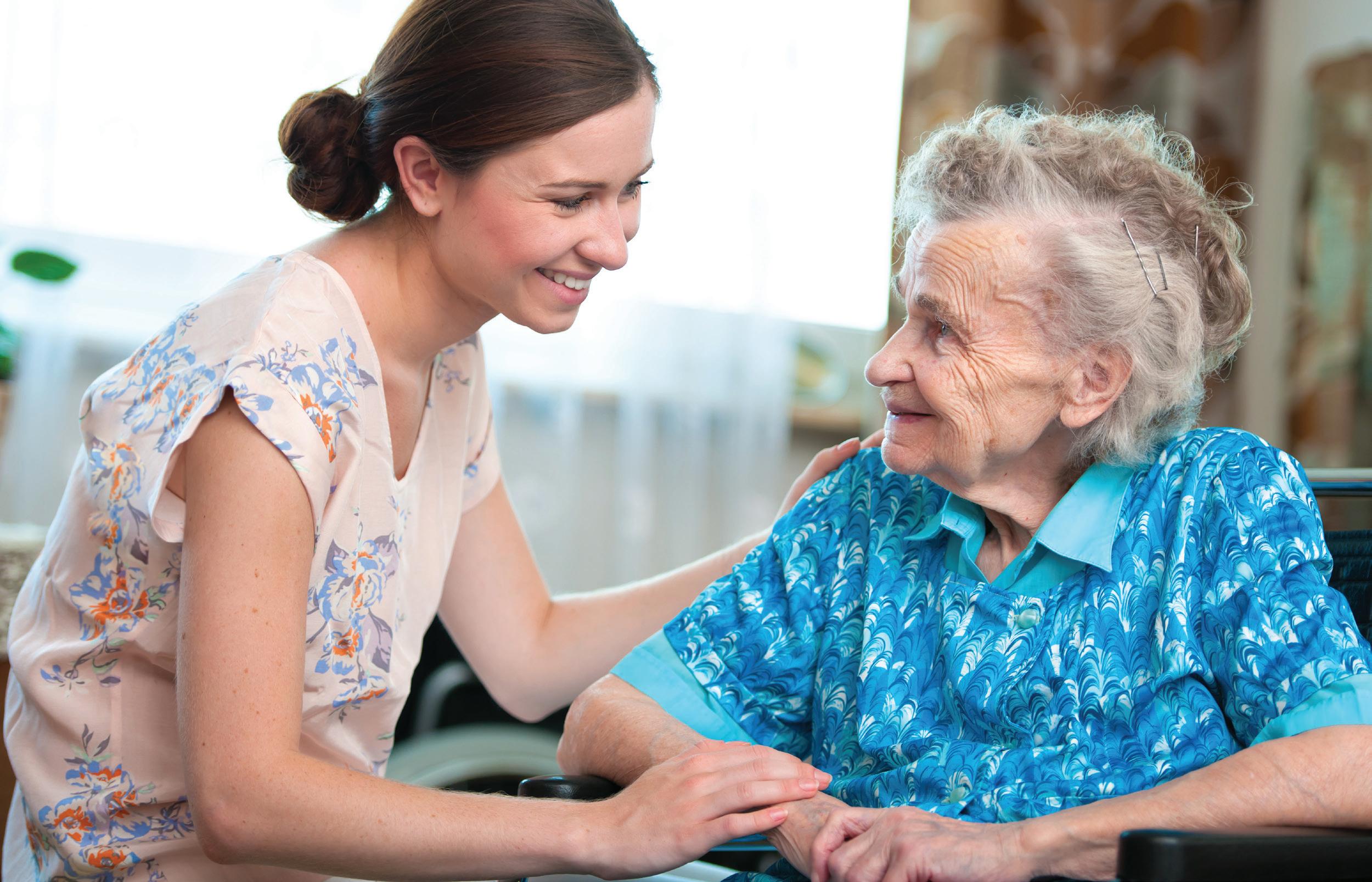
Other services

can be taken over by helpful aides. Other needed help might include house cleaning, shopping, yard work and laundry. Services can also deliver groceries. When inquiring about these services, ask about special discounting since some companies offer deals for seniors.
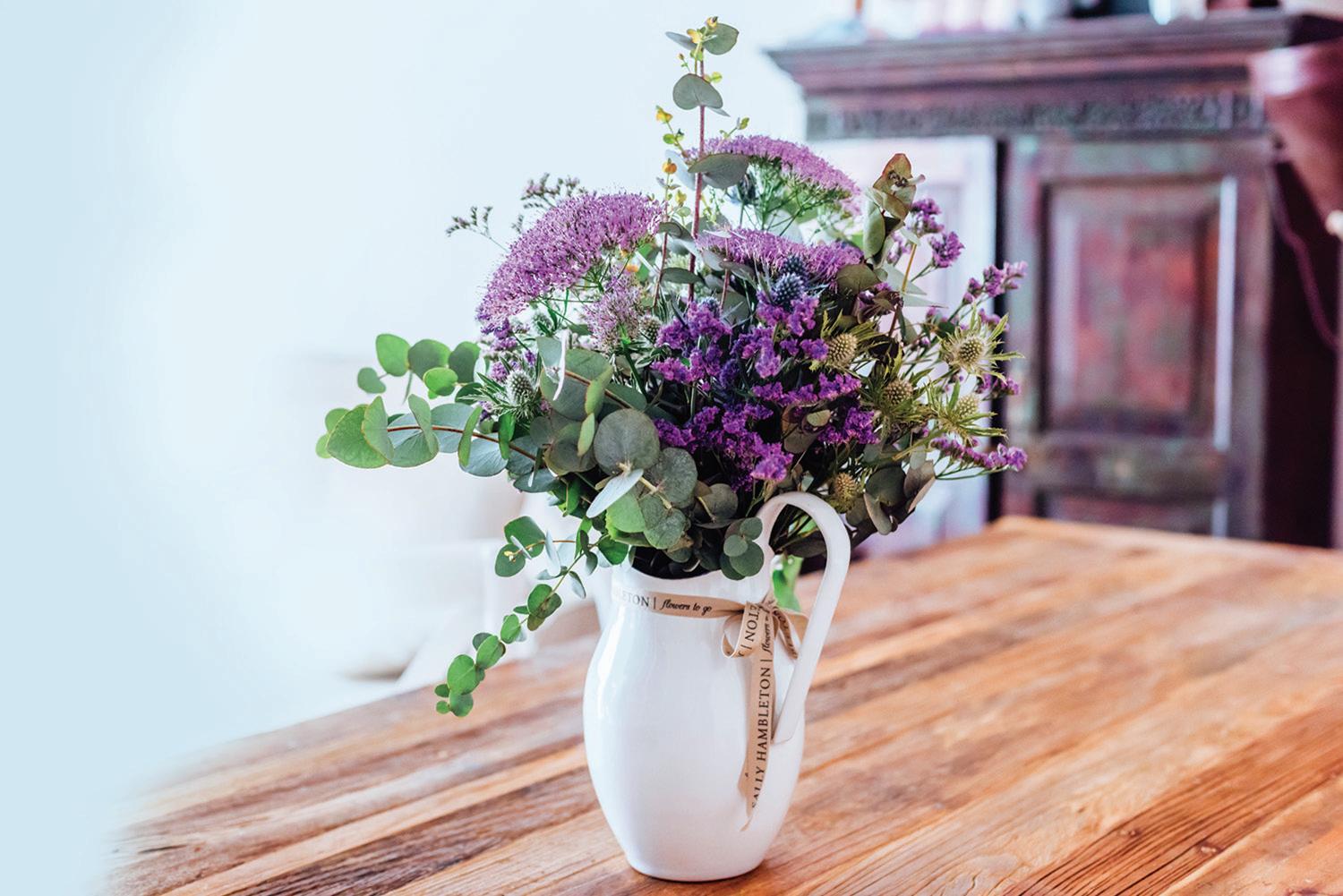
possible. Seniors are also encouraged to seek out meal offerings at churches or other places of worship, clubs and senior centers, rather than eating alone. There are also adult day care and respite care options for those seniors who live with loved ones who have to work.
offer a variety of services including LASIK laser eye surgery,
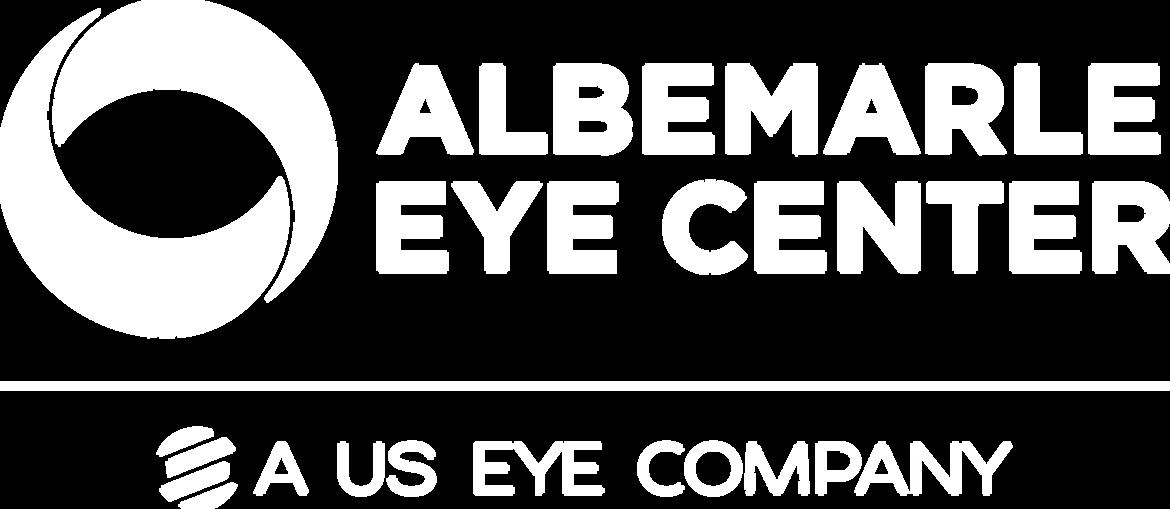
Are supplements right for you?
Sometimes regular checkups and a healthy diet aren’t enough
Dietary supplements are no cure all. They won’t treat or prevent many illnesses and diseases. But when combined with other healthy life choices, they can bolster our health as seniors in very important ways. These supplements offer sometimes-needed boosts of vitamins, fiber, minerals, herbs, amino acids and various enzymes. They don’t require prescriptions, however, so you should talk to your doctor before adding any of them to your daily regimen.
Understanding the risks
Older consumers are especially at risk for unforeseen side effects from over-the-counter supplements. Megadosing on vitamins, for instance, may seem like a good idea for the untrained, but can actually produce some health-threatening problems. In fact, some supplements may actually cause more harm than good — in particular if you’re taking other prescriptions, since there can be issues with interaction that you are unaware of. Those
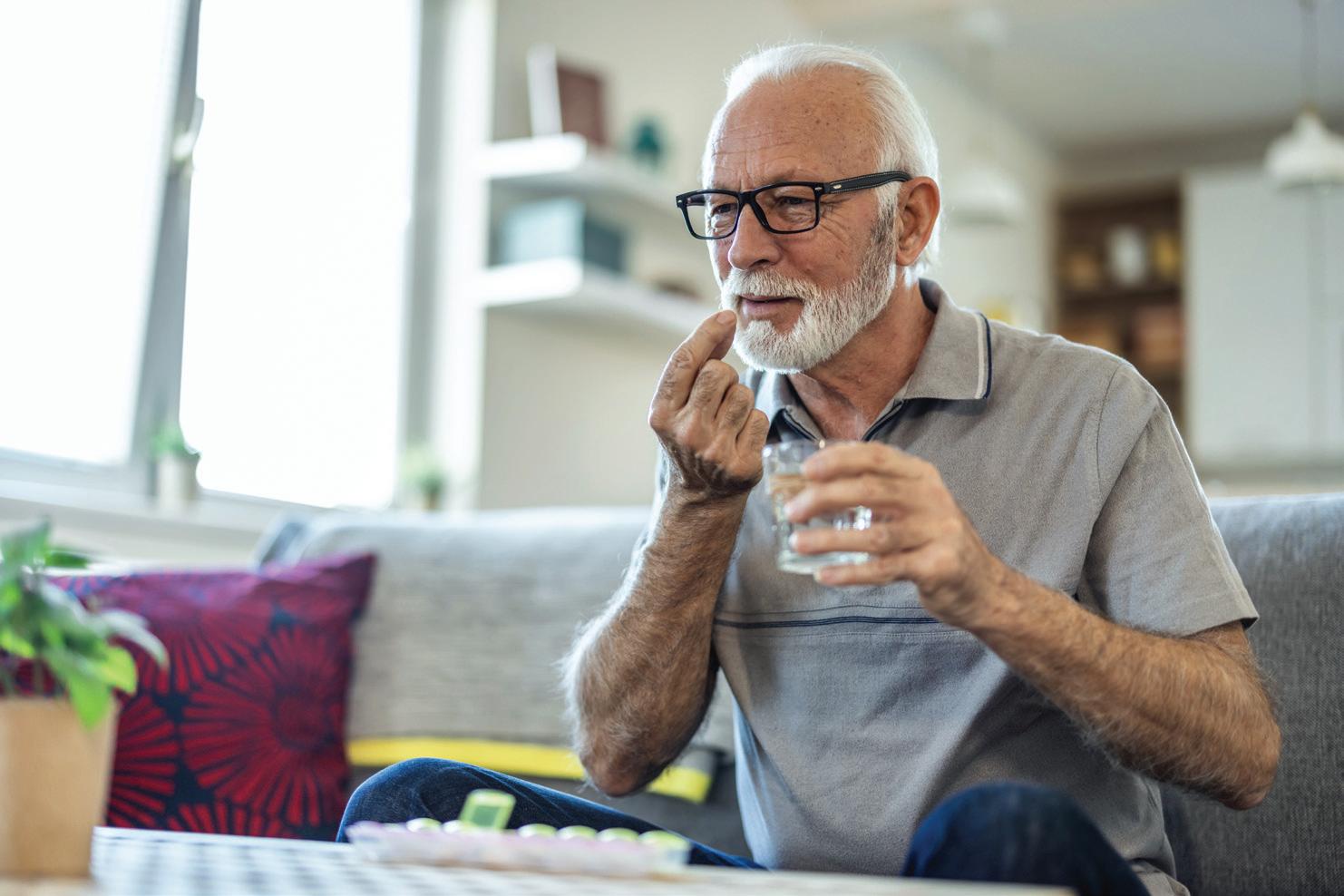
Most recommended physician first since they know more about the specifics of your situation. Local health-care professionals have been with you every step of the way, and now share the common goal of your good health. Develop a personalized plan. planning surgery are also typically advised not to start taking supplements, or to stop taking them a few weeks beforehand.
Certain dietary supplements are more recommended than others, simply because of the way our bodies change as we age.
People over age 50 may need more calcium, which works to keep bones strong. Vitamin D is also part of that strengthening process, and most people get far less than is recommended from their regular diet. Vitamin B6 helps us form critical red blood cells, while vitamin B12 helps keep them healthy. B12 deficiency is a particular problem for strict vegans and vegetarians.
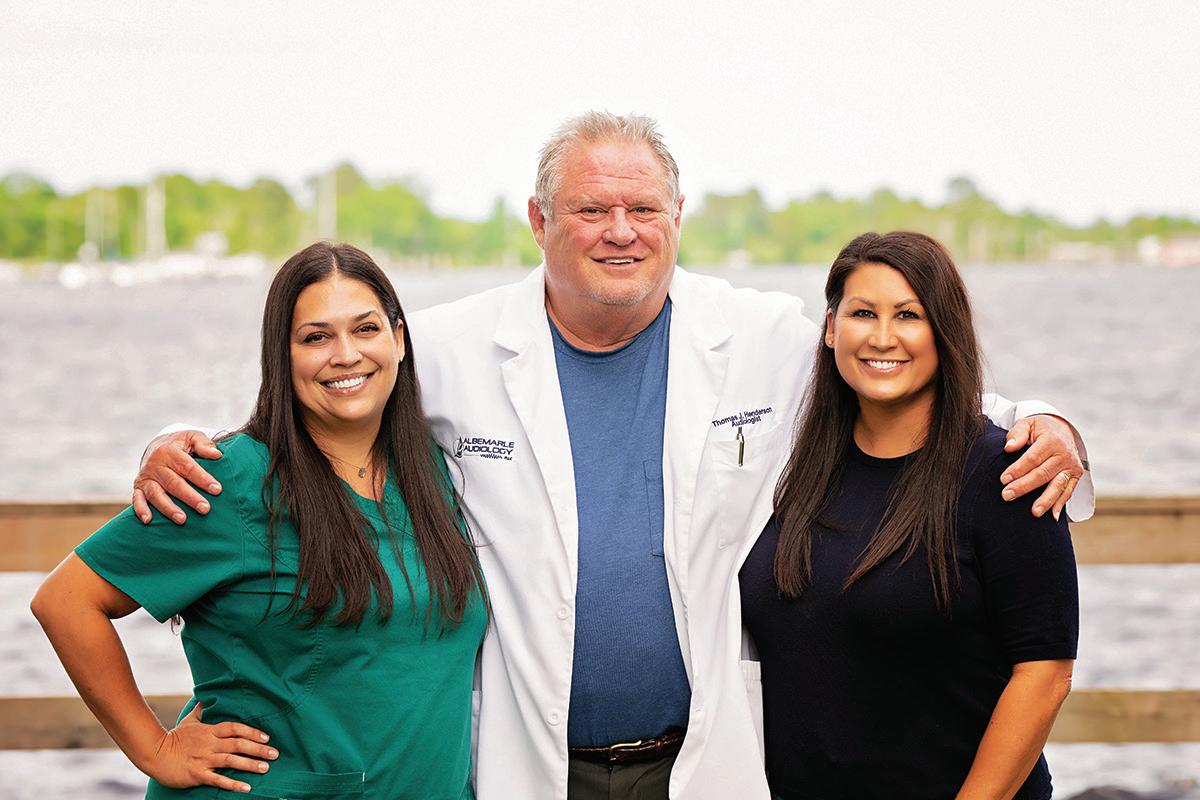
Battling stress
Finding out more
The Federal Drug Administration has more information on these risks, but you should always consult your personal
Doctors will also help you monitor your health to ensure that you remain on the right track. That may include tweaking your dosages, or removing a supplement all together. Don’t be afraid to ask questions if you don’t completely understand what’s being recommended — and stop taking any supplement if you begin to experience negative side effects. If your every-day doctor doesn’t have an answer, they’ll recommend a specialist who does.
Listen to the important signals we get from our bodies

Stress is essentially a natural alarm system meant to alert you when your body senses danger. Your adrenaline rises, muscles tense up and our heart rates increase. But these shocks to the system, in particular if they become chronic, can have a long-term impact.
It’s a particularly dangerous situation for seniors, putting you at greater risk of disease and infections.
Stress effects
Older adults are naturally more susceptible to illness because of aging immune systems. The situation becomes far worse, far more quickly when you combine this natural weakening process with chronic stress.
One of the most common negative health outcomes is heart problems and high blood pressure.
Some may worsen matters by seeking temporary stress relief through overeating, smoking or drinking. Changes in your overall health may happen on a much shorter timeline.

How to cope
Dealing with stress is so important for those who want to get the most of their senior years. Otherwise, we risk losing our health, our independence and precious time spent with loved ones. Healthy ways to cope include regular exercise, which bolsters your health while helping to relieve symptoms of stress. Is there a hobby you’ve been thinking of trying out, like painting or knitting? Now’s the time. Join a club or take part in some worthy local cause.
Volunteering is a great stress buster, since you’re staying active while strengthening your community. Consider getting a dog, since they offer companionship while also providing a ready-made excuse to exercise more often on regular walks. Focus on the parts of your life that you control, and what you can manageably do in order to live a happier, healthier life.
Managing your mind
Sometimes, it really is all in your head. Focus on quieting your busy mind by becoming more aware of the beauty and purpose in the world around you. Be present. Get less involved with the past, and let go of worry about the future. For some, yoga or meditation does the trick. Others find relief through discussions with a professional counselor. You may choose a unique blending of the two, creating a mixture that’s more tailored to your particular situation. The end results should be both an acknowledgment of the way stress impacts us every day and an increased ability to remain in “the now.”
Seniors and the sun
As seniors live longer than ever, their exposure to the sun has only lengthened. So has the incidents of melanoma or skin cancer. But protecting yourself from this everyday danger often comes down to a little preparation before heading out to that backyard barbecue or beach day.
Inside the numbers
The Centers for Disease Control found that only 15% of seniors regularly used recommended forms of skin protection. Men were more apt to wear long pants, while women stayed in the shade. Sunburn rates have soared among the senior population, coming in at nearly double the national average. Sunburn, in fact, was reported across all ethnic and racial groups in the CDC’s study.
Helpful products Sunscreen is always recommended, but these products are not all alike. Look for lotions with a sun-protection factor (or SPF) or 30 or more. They should also protect you from both UVA and UVB rays. Apply sunscreen roughly half an hour before you expect to be out in the sun, and then reapply throughout the day as pool water, sweat or ocean currents wash it away.
Dressing for it
Dermatologists don’t simply recommend sunscreen. They also stress covering up as much as is possible — in particular for those who are exposed to sun light all day. Seniors should choose lightweight, light-colored fabrics that are both comfortable and cool. Purchase a wide-brimmed hat as well, since it will provide shade for your face and scalp. As many as 20% of cataracts are caused by extended exposure to UV rays, according to the National Institutes of Health. So, don’t forget some properly rated sunglasses.
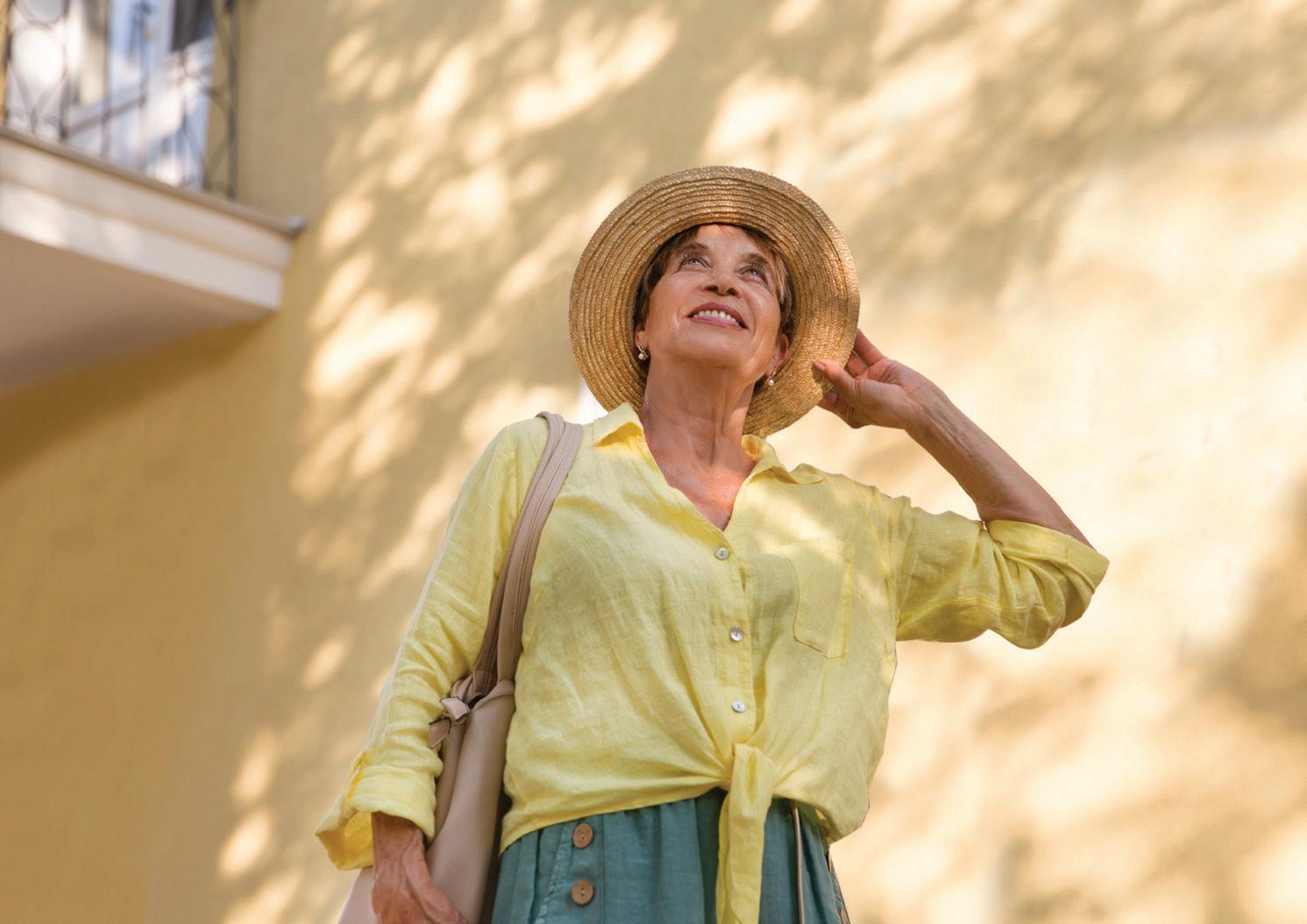
Other important tips
Try to schedule your time in the sun for mornings and afternoons. The sun is at its most intense between 10 a.m. and 4 p.m., when it’s extraordinarily easy to overheat or get a sunburn. Seek out shade, either under a tree or tent, in order to lower the risks. Take breaks while doing yard work or golfing and find a covered area to rest. Immediately find a cool place if you begin to experience heat stress symptoms like dizziness, extreme fatigue, nausea, headaches and cramps. Seek immediate attention from a healthcare professional if someone around you begins to show signs of mental confusion, high heart rate and flushed skin.



